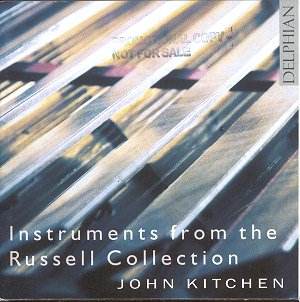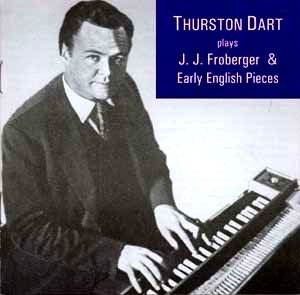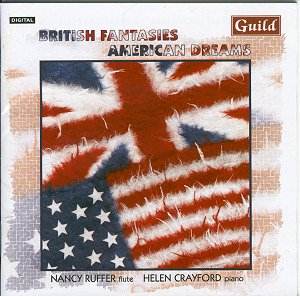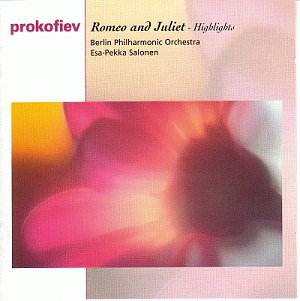 Composer: Anon, Merula, Byrd, Sweelinck, Scarlatti, Greene, J.S. Bach, Stanley, Handel, Forqueray, Armand-Louis Couperin, Clementi
Composer: Anon, Merula, Byrd, Sweelinck, Scarlatti, Greene, J.S. Bach, Stanley, Handel, Forqueray, Armand-Louis Couperin, Clementi
Works: Galliarda la Reyne d’Ecosse, Capriccio Cromatica, Pavana and Galliarda, Ballo del Granduca, Sonatas in F Minor and G Major, Suite in F, Prelude and Fugue in E Flat, Voluntary in G Opus 7/9, Fugue in A Minor, Overture from Rodelinda, La Régente, La Du Vaucel, La Moranges ou La Plessay, L’Affligée, Sonatina in D Op 36/6
Performers: John Kitchen (keyboards)
Recording: Delphian Records Ltd, Edinburgh
Label: Delphian Records
The collection presented in “Instruments From The Russell Collection” offers a rare glimpse into the rich tapestry of early keyboard music, showcasing both the instruments themselves and the diverse repertoire that flourished across the centuries. The Russell Collection, a treasure trove of historical keyboards, sets the stage for this disc, which features works that span from the late 16th century to the early 19th century. Each piece is not merely an auditory experience but a dialogue with history, reflecting the cultural and musical evolution of its time.
John Kitchen’s performance unfolds with a clarity that breathes life into each selection, beginning with two anonymous Scottish galliards—a unique inclusion that adds regional flavor to the otherwise predominantly continental repertoire. The opening tracks reveal the delicate timbre of the Italian virginal, allowing the intricate counterpoint of the music to resonate beautifully. Kitchen’s touch is both sensitive and articulate, especially in Merula’s Capriccio Cromatica, where the chromaticism is rendered with a vibrant expressiveness that underscores the work’s innovative spirit.
Transitioning to Byrd’s Pavana and Galliarda, played on a single manual harpsichord from 1620, Kitchen captures the stately grace of the Pavana while imbuing the Galliard with a lively exuberance. His ability to navigate the contrasting characters of these dances demonstrates not only technical proficiency but also an understanding of the stylistic nuances specific to the English Renaissance. The variations attributed to Sweelinck are executed with a virtuosic flair that highlights their playful complexity, showcasing Kitchen’s dexterity and interpretive insight.
The inclusion of Scarlatti’s Sonatas, performed on a Hitchcock spinet of 1728, marks a pivotal moment in the disc, as Kitchen adeptly balances the spirited vitality of these works with the introspective lyricism found in the slower movements. The contrasting sonorities of the spinet contribute to a rich auditory palette, allowing the music to shine with its characteristic brilliance. The Suite by Maurice Greene, played on a Kirckman harpsichord, evokes Handelian echoes while maintaining its distinct voice, revealing the interconnectedness of these composers.
Throughout the recording, Kitchen’s interpretive choices are consistently informed by the historical context of the instruments, such as the Taskin harpsichord, which serves as the vehicle for Forqueray’s exquisite pieces. Here, the arrangements for bass viol and continuo are rendered with a remarkable fluidity, demonstrating Kitchen’s adeptness at conveying the idiomatic qualities of the music. The use of the clavichord for J.S. Bach’s Prelude and Fugue in E flat serves as a poignant reminder of the instrument’s intimate character, and Kitchen captures its subtle nuances with grace.
The engineering quality of this recording deserves particular commendation. The sound is impeccably clear, allowing the listener to appreciate the distinct timbres and resonances of each instrument. The balance is thoughtfully managed, ensuring that the listener can fully immerse themselves in the diverse sonic worlds presented. The booklet accompanying the disc provides valuable historical context and insights into each instrument, enriching the overall experience.
This collection not only serves as an homage to the Russell Collection’s historical significance but also showcases the remarkable artistry of John Kitchen. The breadth of repertoire, combined with Kitchen’s insightful interpretations and the high-quality engineering, makes this disc an essential addition for lovers of early keyboard music. Each track is a testament to the enduring beauty and complexity of the repertoire, inviting both seasoned listeners and newcomers to explore the intricate interplay of history and music.



